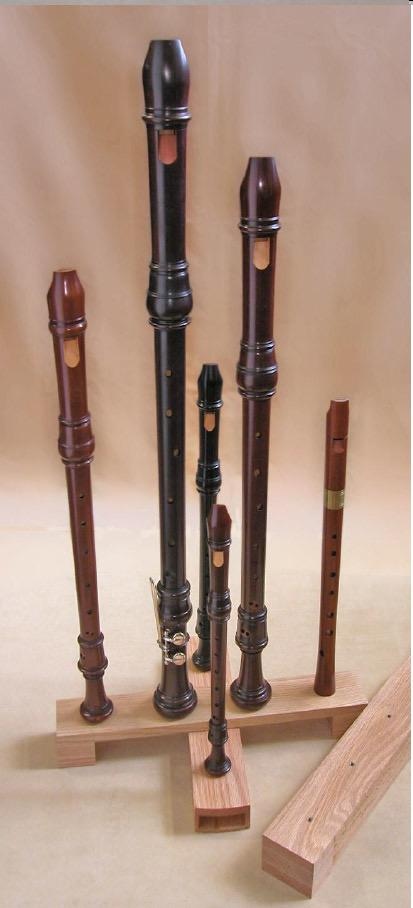How to Deal with Recorders Left Behind
It's a delicate question, but it always seems to come up eventually: what will happen to the recorders and sheet music of players who have passed away?
a delicate question, but it always seems to come up eventually: what will happen to the recorders and sheet music of players who have passed away?
For those doing the speculating, it starts them thinking about whether their family members would know how to find homes for their similar accumulated treasures. The consensus among the speculators seems obvious: recorders and music surely could be donated to the chapter to which the member had belonged, but there are caveats to that. Perhaps they didn’t belong to a chapter or other group. If they did, the chapter may have no way to store the generously donated instruments or sheet music, for example, so it’s important to talk to chapter leaders about it beforehand.
One helpful piece of knowledge is how valuable the recorder(s) might be. See this article published in our sister publication, the ARS NOVA e-mag, on how to value wooden recorders. The short version: anything “vintage” with no maker’s mark on it, bright shiny varnish, German fingering, obvious damage or decay, and a musty smell is of no value beyond sentimental.
It's not a happy thought, but I can assure you that the office does get such questions quite frequently: a nephew calling to ask who might want his recently-deceased aunt's recorders; a daughter wondering whether her father’s recorders are worth anything or should just be given away with the rest of the possessions. I explain to these callers what separates good recorders from bad ones and note that if they are of excellent quality, someone may still be able to get some use from them.
Here are a few options to consider if the recorders have value:
- Donate the recorders and music to a local school or university recorder program. A large church with an early music program might accept recorders.
- If there is a nearby ARS chapter or consort, contact a group member to see if anyone in the group would be interested in a donation of the recorders or music.
- Have instruments evaluated and perhaps sold on consignment through an early music vendor, such as one of the ARS Business Members. If they haven’t been played in a while, they may need to be revoiced by a reputable shop that works on recorders.
- Sell the items through social media, or via a classified advertisement in American Recorder (contact the office) or on the ARS website.
- Find a local Society for Creative Anachronism (SCA) group to see if they might be interested in your early music instruments.
- Make sure to sterilize the mouthpieces of any recorders.
As for sheet music, it must be original and not photocopied. With so many online downloadable sources of music, it can be difficult to find anyone interested enough to make the effort to purchase it or pay for postage, but there is likely a market for it online via social media or specific websites.
Of course, many other items -- of at least sentimental value and perhaps also monetary --could be baffling to relatives and friends once we are no longer around to explain about or to demonstrate them (think krumhorns!). The way to avoid that happening is to communicate the value to them -- either through a will or trust, or better yet, by sharing our passions and hobbies with them now while we’re still around.
Please note, ARS cannot receive donations due to a lack of storage space, unless the recorders are of very high value.
Article by Gail Nickless, updated by Susan Burns



 a delicate question, but it always seems to come up eventually: what will happen to the recorders and sheet music of players who have passed away?
a delicate question, but it always seems to come up eventually: what will happen to the recorders and sheet music of players who have passed away?